I-RESPOND PHASE 2: STRENGTHENING COMMUNITY-BASED AND MULTI-STAKEHOLDER APPROACH TO DISASTER RISK GOVERNANCE
No matter the magnitude and scale of a disaster, the people in the community are always the first to deal with its impact. Thus, it is imperative for people in the community to be well-equipped, not only to respond to, but more so to prepare for disaster risks that they face in their communities. While it is the primary responsibility of government and state actors to uphold people’s right to life and safety and to be protected from any forms of threat, may it be natural or human-induced, people in the community also have the right to develop their capacities to contribute to the process of community resilience building.
The second phase of the I-RESPOND project, implemented by the Action Against Hunger and in partnership with the Kindernothilfe (KNH), seeks to contribute towards this process of resilience building by enabling community-based and multi-stakeholder approach to disaster risk governance. Building on the gains of I-RESPOND Phase 1, wherein 25 Civil Society Organization (CSO) partners of KNH were capacitated to conduct Participatory Capacity and Vulnerability Assessment (PCVA) and Disaster Risk Reduction and Management (DRRM) Planning in their covered barangays in the Philippines, I-RESPOND Phase 2 seeks to raise the stakes among different DRRM actors in the community to engage in participatory and inclusive risk governance.
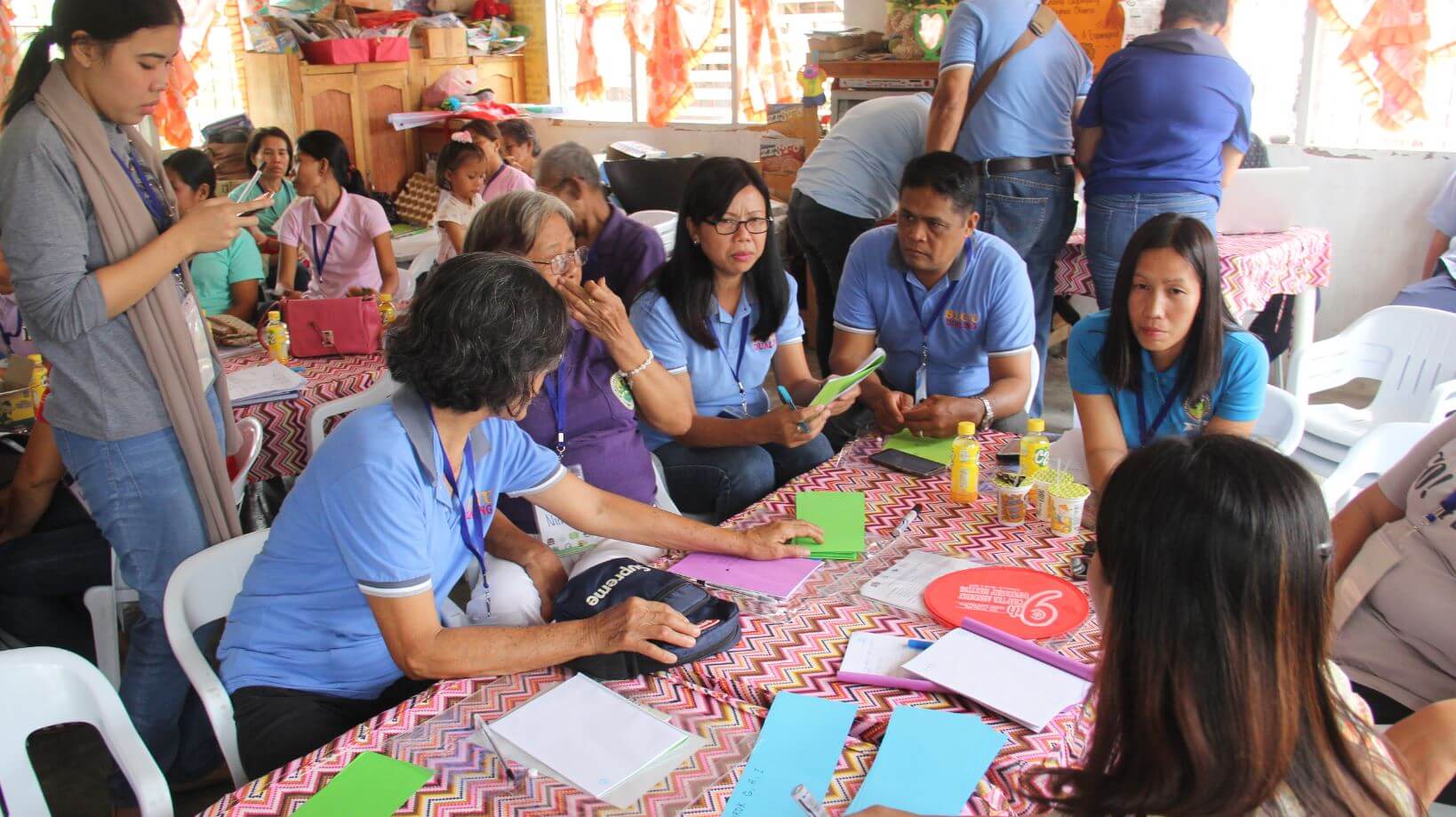
Participants of the Training on Good Governance in DRRM of Brgy. Dualing, Aleosan, N.
Cotabato learn about the basic concepts in DRRM. (Photos by Louielyn Morada)
In partnership with 7 out of 25 CSOs from Phase 1, namely Balay Rehabilitation Center, Inc., BULAK Kabataan, Inc., Center for the Prevention and Treatment of Child Sexual Abuse (CPTCSA), Foundation for the Development of Agusanons, Inc. (FDAI), Lakas ng mga Ina, Kabataan, at Sambayanan (LIKAS) Federation, Inc., Self-Help Approach and Rights-based Environment, Inc. (SHARE), and the Tribal Leaders Development Foundation, Inc. (TLDFI), I-RESPOND Phase 2 will focus on capacitating community-based organizations such as Self-Help Groups (SheGs), and Cluster Level Associations (CLAs) in 7 areas in Mindanao and Luzon to collaborate with and influence their respective local government units in disaster risk governance processes. This affirms the fact that members of at-risk communities, including the most vulnerable groups, must be able to participate in decision-making processes and collective action in DRRM through their organizations. Upholding the provisions of the Philippine DRRM Act of 2010 (R.A. 10121), CSO’s must have an enabling space within the local DRRM councils/committees in order to represent their sectors and communities in assessing disaster risks, formulating, budgeting for and implementing DRRM plans, as well as in setting in place mechanisms for accountability.
The Philippines have seen significant developments in policies and practice in DRRM in the past decade. It is similarly so at the international level, with the advent of post-2015 agenda such as the Sendai Framework for DRR, the Sustainable Development Goals, Paris Agreement, and the World Humanitarian Summit. With these in mind, project partners also hope for I-RESPOND 2 to enable the process of reflecting on these developments using the experiences at the local level. Because more than the question of whether these contributed positively on the lives of people in the communities, is the question of how we worked together towards a safe and resilient community. ●


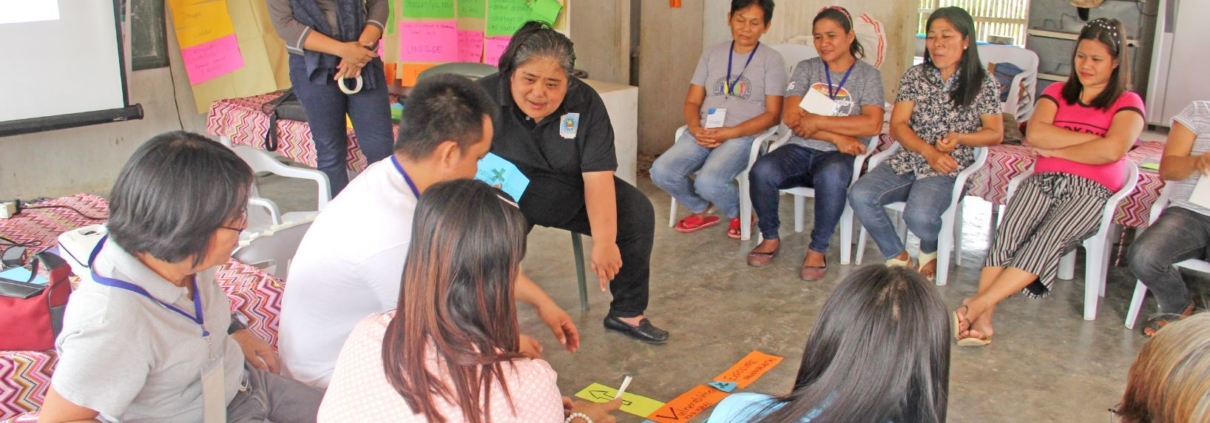
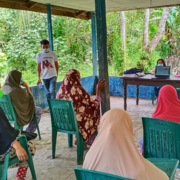
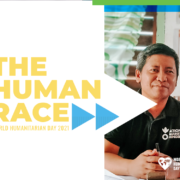
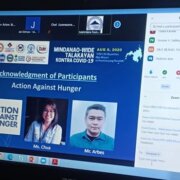

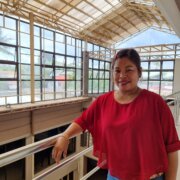
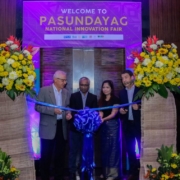
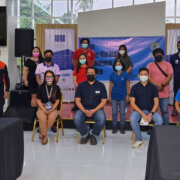



Leave a Reply
Want to join the discussion?Feel free to contribute!